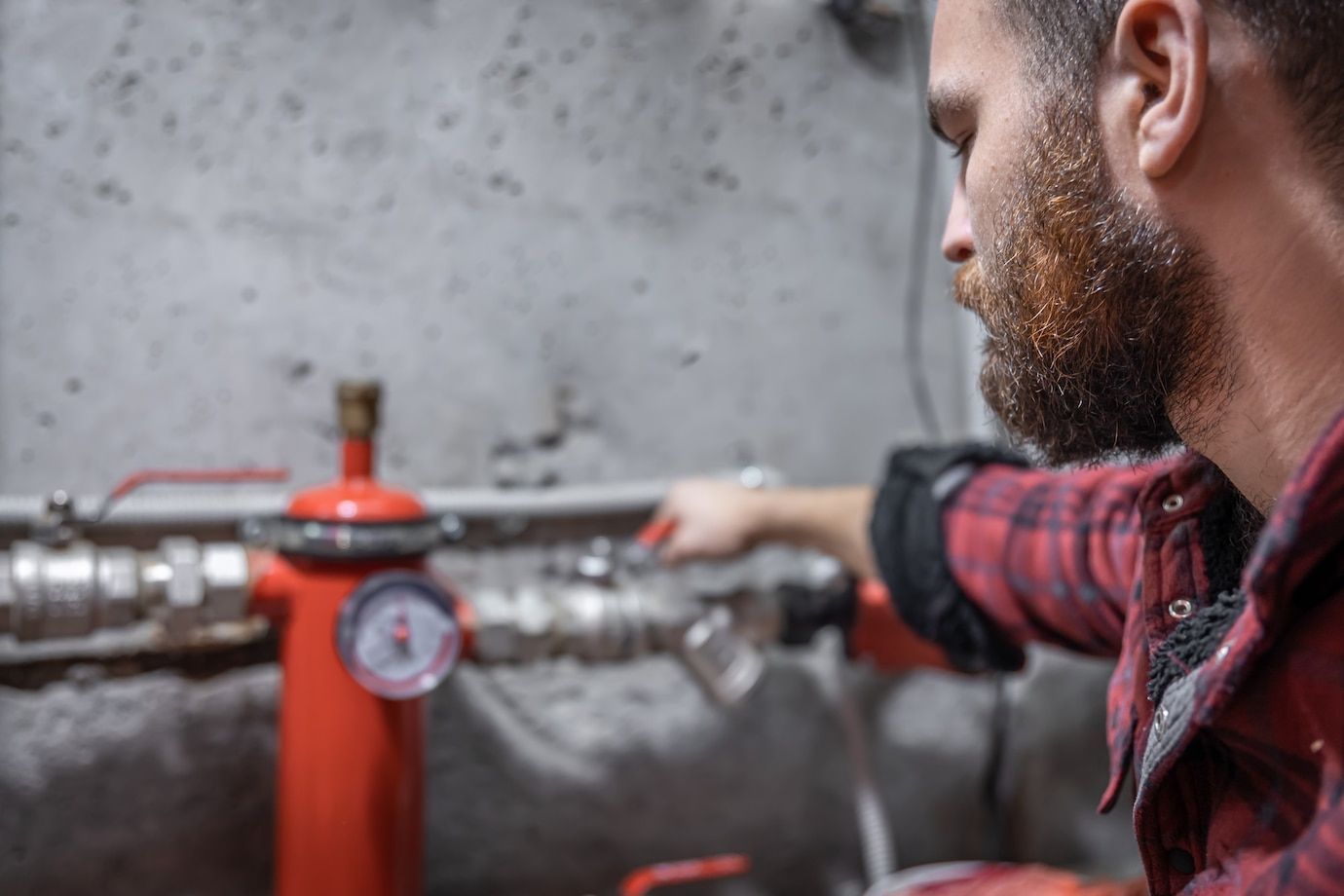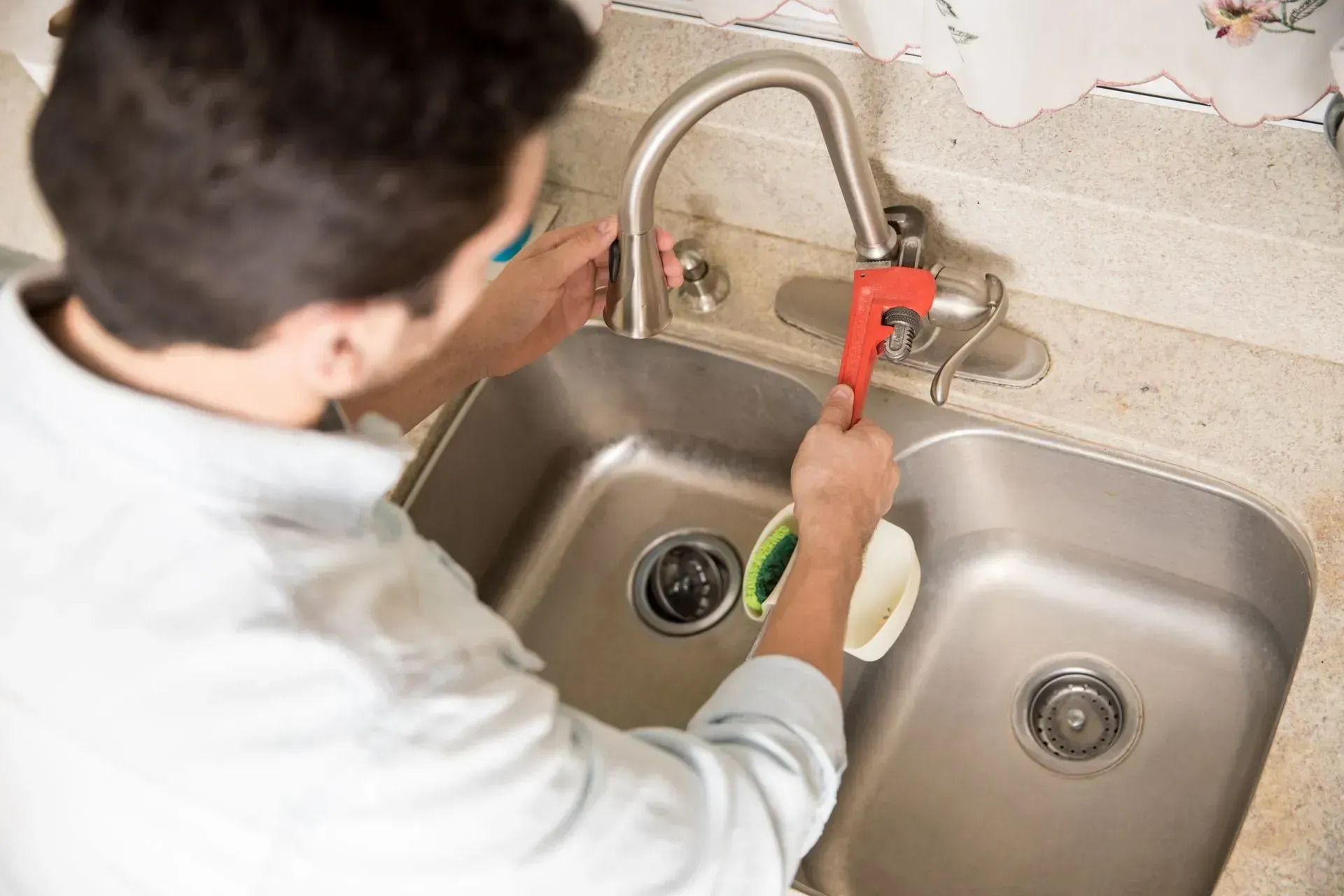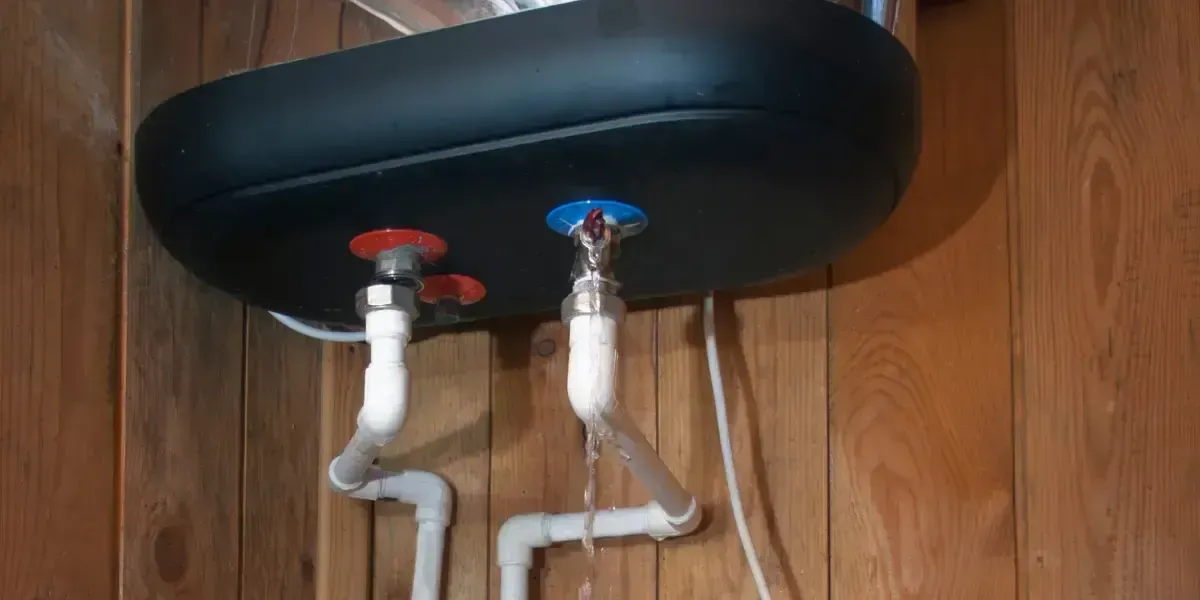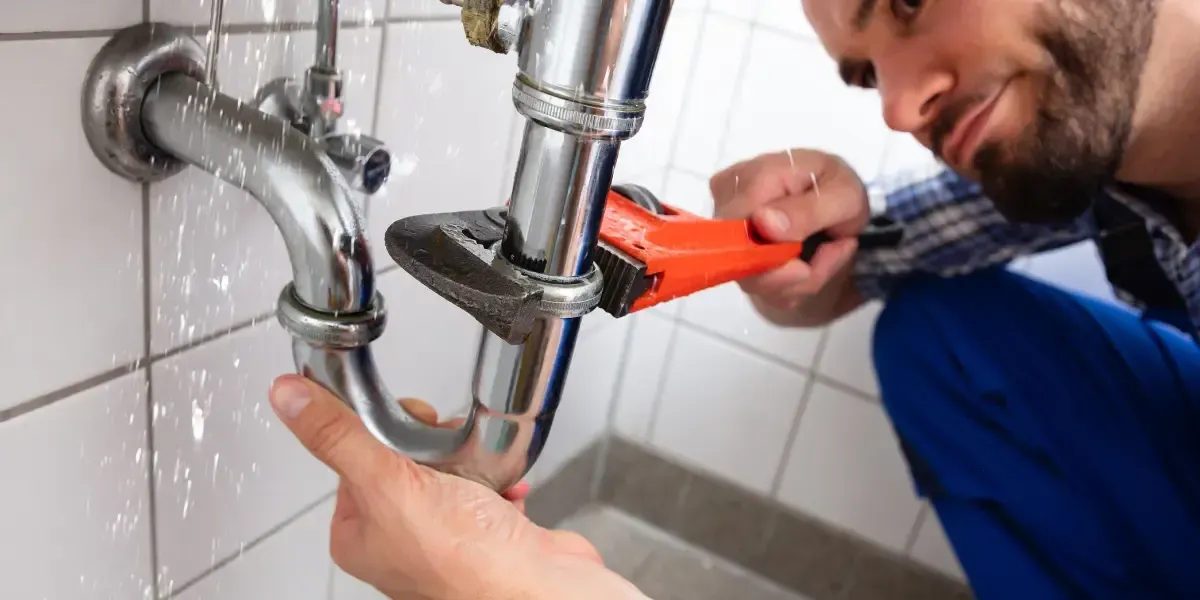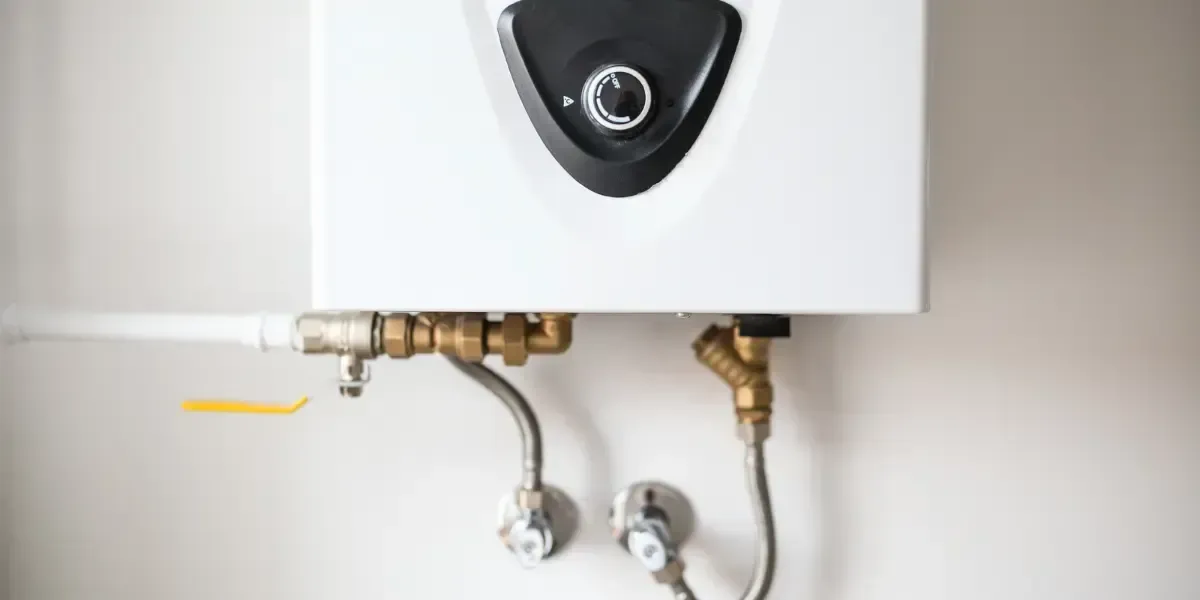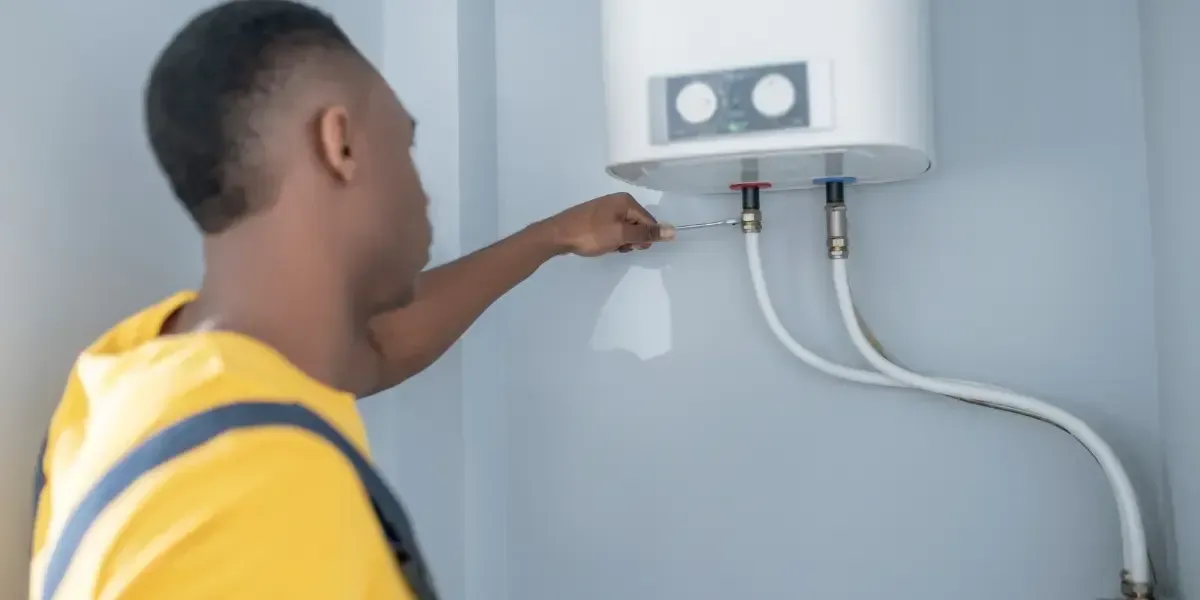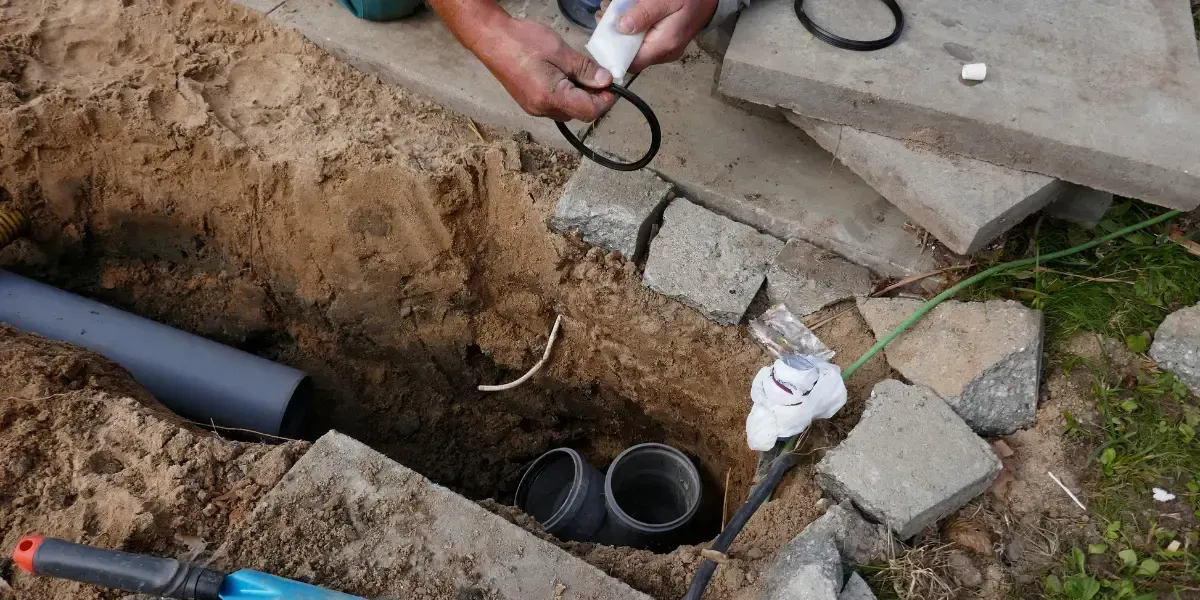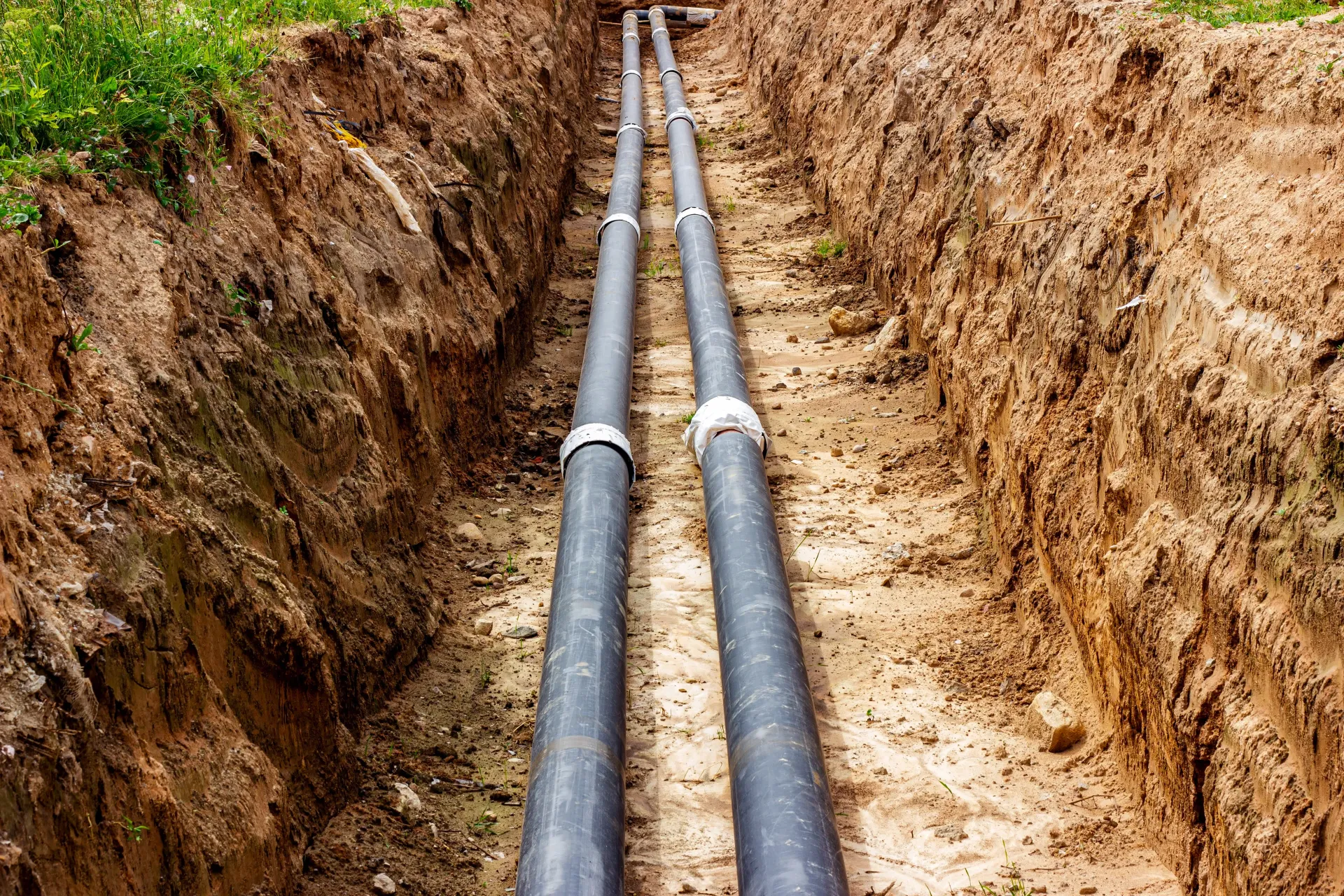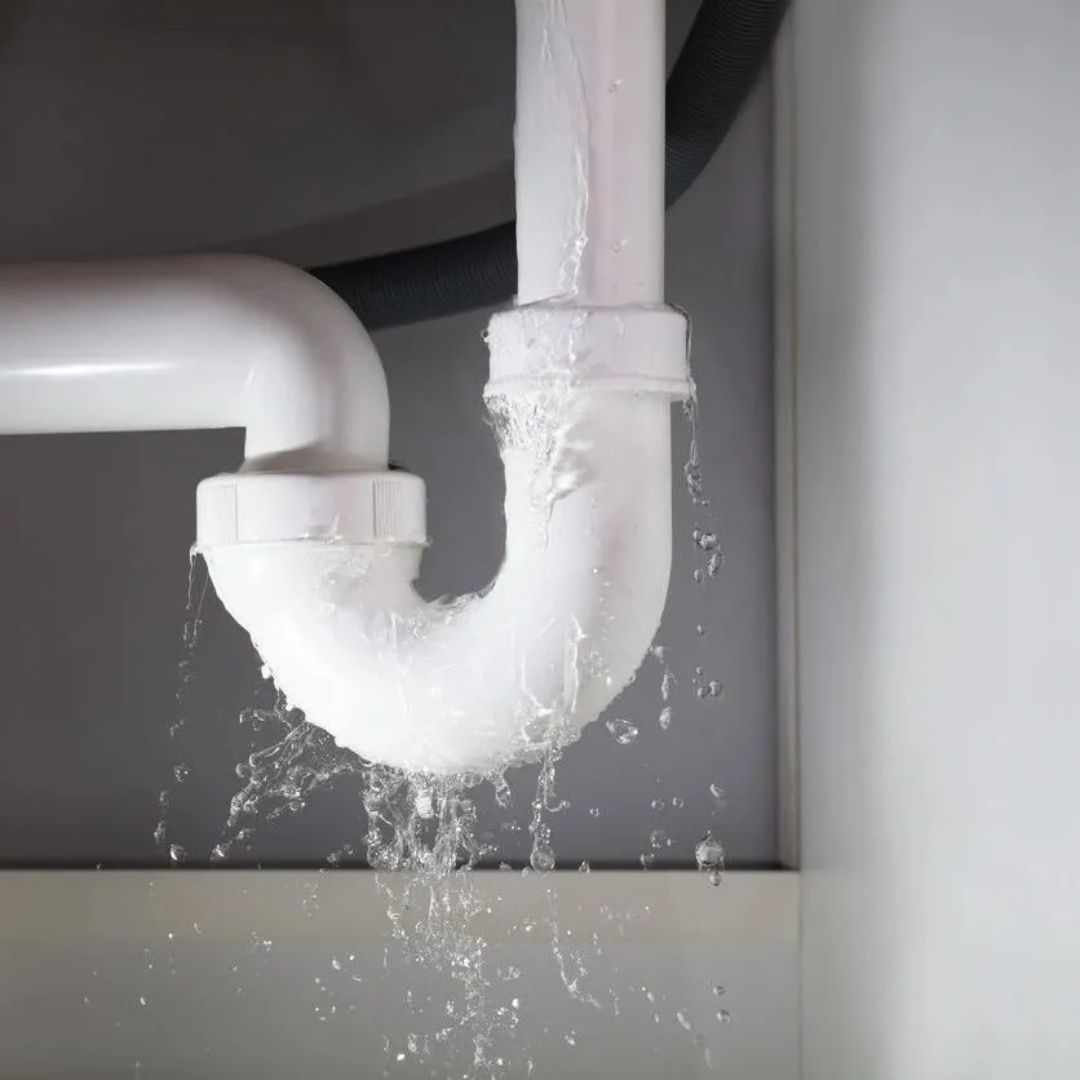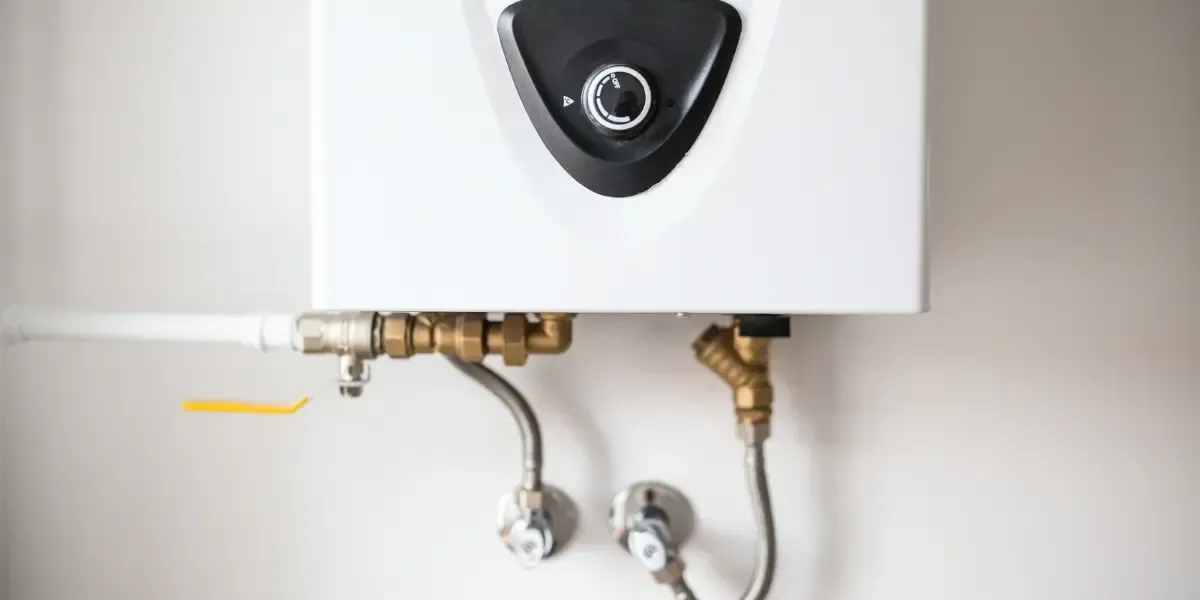Top Signs You Might Have a Hidden Water Leak
Hidden water leaks can be a homeowner's worst nightmare. These silent culprits often go unnoticed until they cause significant damage, increase your water bills, or contribute to mold growth.
Knowing how to
detect water leaking behind your walls or under your floors can save you money and protect your home from long-term harm. Here are the top signs to watch for and what you can do if you suspect a hidden leak.
Key Takeaways
- Hidden water leaks can cause structural damage, high water bills, and mold growth if left undetected.
- Sudden spikes in water bills, running meters, or musty odors are common warning signs of hidden leaks.
- Visual cues like warped floors, discolored walls, or ceiling sagging often point to leaks behind surfaces.
- DIY leak detection methods—like water meter tests, toilet dye tests, or moisture tools—can help identify issues early.
- Professional inspections using acoustic sensors, thermal imaging, and video pipe cameras provide the most accurate and least invasive detection.
What Is a Hidden Water Leak?
A hidden water leak refers to any leak that occurs out of sight, typically within walls, ceilings, floors, or underground. These leaks might start small but can lead to structural damage, wasted water, and even health hazards like mold if left untreated. Since they aren't visible, detecting a water leak requires a keen eye and sometimes professional help.
Top Signs You Can Detect (Detect Water Leaking)
1. Unexplained Increase in Water Bills
If your water bill suddenly spikes without an obvious reason, it could be a sign that you're losing water through a hidden leak. Compare your monthly bills and look for patterns.
2. Running or Ticking Water Meter
One easy way to detect a leak is to turn off all water fixtures and appliances, then check your water meter. If it's still running or ticking, you likely have a hidden leak somewhere in your plumbing system.
3. Discolored or Warping Walls and Floors
Discoloration, bubbling paint, or warped flooring can signal moisture problems. These visual cues often point to a leak behind the surface.
4. Musty Odors and Mold Growth
Hidden moisture creates an ideal environment for mold and mildew. If you notice persistent musty smells or spot mold patches, especially in bathrooms or basements, you could be dealing with a leak.
5. Sounds of Running Water
If you hear hissing, dripping, or the sound of running water when no taps are on, it may be a sign of a hidden leak. Listening closely near walls or floors can sometimes help you pinpoint the issue.
6. Low Water Pressure
Leaks divert water away from your fixtures. If your shower or faucets suddenly have weaker pressure, this could be another sign.
7. Warm Spots on Floors
Unusually warm areas on your flooring may indicate a hot water leak beneath the slab. This is a common sign of slab leaks in homes with concrete foundations.
8. Foundation Cracks or Ceiling Sagging
Prolonged leaks can cause your foundation to shift or your ceilings to sag. If you notice new cracks or dips, it might be time for a water leak inspection.
How to Detect a Leak Yourself (Detect Leak)
Water Meter Test
Turn off all water in the house and monitor the water meter. If it continues to move, you have a leak.
Toilet Dye Test
Place food coloring in the toilet tank and wait 10-15 minutes. If the color appears in the bowl, you have a silent leak.
Listen Carefully
In a quiet house, listen for unusual sounds like dripping or hissing from the walls or floors.
Inspect Common Areas
Check under sinks, around appliances, and near hose bibs for moisture, rust, or discoloration.
Outdoor Checks
Look at your irrigation system, outdoor faucets, and surrounding soil. Soggy patches may indicate a leak.
Use Moisture Tools
Moisture meters and infrared cameras can help detect water behind walls without causing damage.
Temporary Fixes
While not a permanent solution, applying plumbing tape or epoxy can slow leaks until a professional arrives.
Why Professional Water Leak Inspection Matters (Water Leak Inspection)
While DIY methods can help, a professional water leak inspection is often the most reliable way to detect and fix hidden leaks. Plumbers use tools like:
- Acoustic sensors to detect leak sounds
- Thermal imaging to find temperature changes caused by water
- Video pipe inspection to look inside your plumbing
Professional inspections are less invasive and more accurate, helping avoid unnecessary damage and costs.
How to Prevent Future Hidden Leaks
Preventing leaks is easier than dealing with the aftermath. Here are some proactive steps:
- Install leak detectors or water alarms in high-risk areas.
- Schedule regular inspections for plumbing, appliances, and irrigation systems.
- Insulate pipes, especially in colder areas.
- Use pressure-reducing valves to minimize stress on pipes.
Fix minor leaks immediately to avoid larger problems.
How Mike's Plumbing & Rooter Service Can Help You
When it comes to professional leak detection, Mike Plumbing and Rooter Service is your trusted local expert. Their licensed plumbers use advanced tools like infrared cameras and acoustic sensors to accurately detect hidden leaks with minimal disruption. Whether it’s behind a wall or under a slab, they have the experience and equipment to find and fix the problem fast.
Why Choose Mike Plumbing and Rooter Service
Located in Southern California, Mike Plumbing and Rooter Service offers 24/7 emergency services and affordable water leak inspection packages. With their focus on customer satisfaction, transparency, and reliability, you can count on them for thorough inspections and long-term solutions.
Visit Mike’s Plumbing and Rooter Service to schedule a leak inspection or learn more about their full range of plumbing services.
Conclusion
Hidden water leaks can cause serious damage if not caught early. By recognizing the signs and knowing how to detect a water leak, you can take action before it's too late. While DIY methods offer a starting point, a professional inspection from
Mike Plumbing and Rooter Service ensures peace of mind and lasting repairs. Don’t wait until a small drip turns into a disaster—detect a leak today and protect your home for tomorrow.
Frequently Asked Questions
What are the most common signs of a hidden water leak?
Unexplained high water bills, running meters, moldy odors, warped surfaces, and unusual sounds of water are strong indicators.
Can I detect hidden leaks on my own?
Yes, basic tests like shutting off water and checking the meter, using toilet dye, or listening for drips can help, but professionals are more accurate.
Why should I hire a professional for leak detection?
Professionals use advanced tools like infrared cameras, acoustic sensors, and video inspections to locate leaks precisely without unnecessary damage.
How can I prevent hidden water leaks in the future?
Install leak detectors, insulate pipes, schedule annual inspections, and repair small leaks immediately before they worsen.
How does Mike’s Plumbing and Rooter Service handle hidden leaks?
They offer 24/7 service with state-of-the-art leak detection technology and provide affordable, reliable repair solutions tailored to your home.

